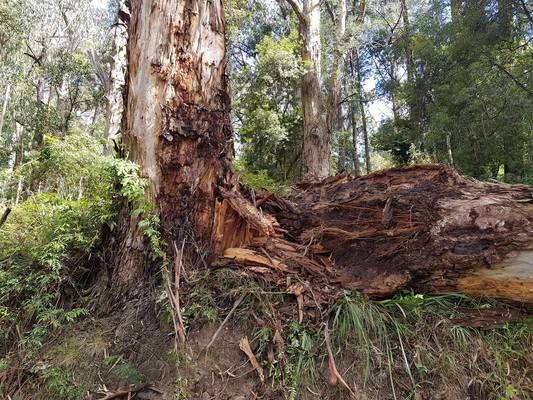By Benjamin Millar
Victoria’s peak local government body on forestry policy is calling for greater certainty for the industry ahead of the state government’s review of the Timber Code of Practice.
Timber Towns Victoria, which represents ten Victorian councils with local forestry industries, including Moorabool, wants “clarity and certainty” for the timber industry, workers and communities as part of the review.
President Karen Stephens said the existing Timber Code of Practice has been problematic due to its lack of clarity about the future of the industry.
“We trust this review will close existing loopholes and give thousands of workers the certainty they need for their jobs, families and communities,” she said.
Timber Towns Victoria has previously called on the state government to reconsider its plan to shut down the state’s native timber industry by 2030, with the phase out of the industry due to start from 2025.
Cr Stephens said Victoria’s native timber industry employs about 2500 people directly, supports thousands of indirect jobs, and adds almost $300 million value to regional communities, underpinning the entire economies of many small regional towns.
She said it is still unclear as to why the government is phasing out the native timber industry.
“We have not seen any economic or environmental data to support this,” Cr Stephens said.
“Most people are unaware that 94 per cent of native forests in Victoria are unavailable or unsuitable for harvesting.”
Cr Stephens said this effectively means the native timber industry can only harvest four out of every 10,000 native trees.
“By law every tree harvested must be replanted, and old growth forests cannot be touched,” she said.
“Our native timber industry is regulated, and it is sustainable. We cannot say the same of overseas timber markets.”
Cr Stephens said if the native industry shuts down, timber will need to be sourced from overseas to feed high demand from construction and furniture manufacturing industries.
“We need a genuine plan to guarantee adequate timber supply, protect regional economies and jobs, and provide certainty for native timber communities across Victoria,” she said.
Benjamin Millar

















